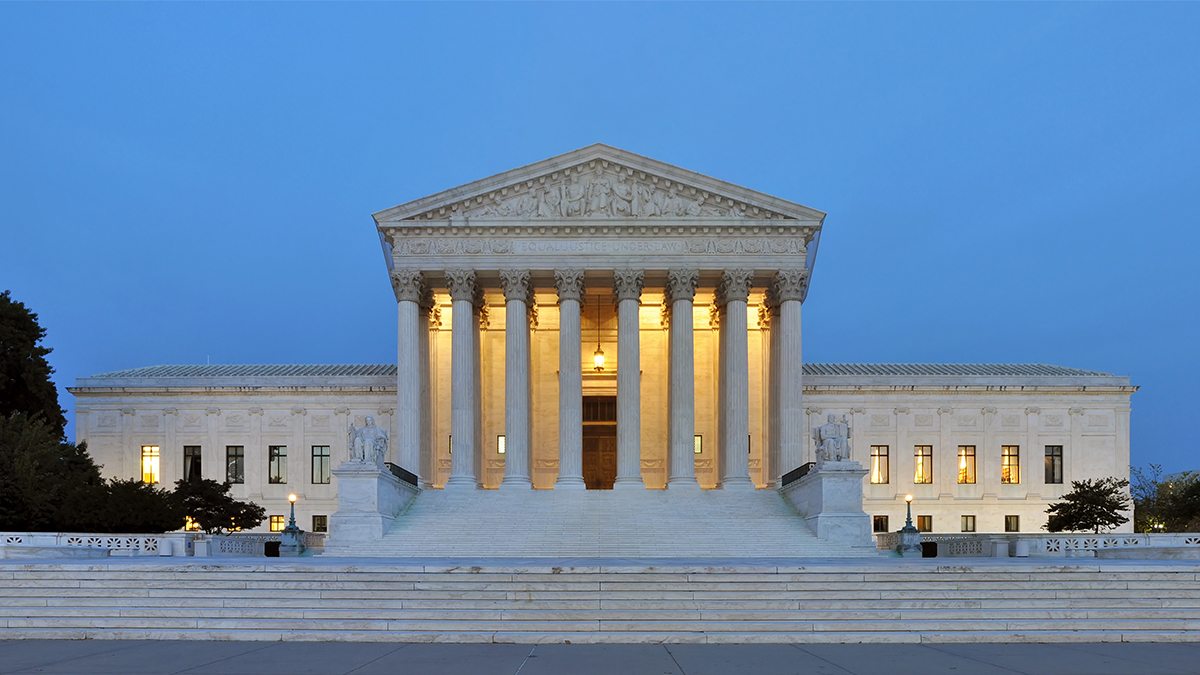Carolina champions race-conscious admissions at U.S. Supreme Court
Chancellor Guskiewicz says holistic admissions approach provides opportunities for more Americans to pursue the dream of earning a college degree.

This morning, Carolina will argue before the U.S. Supreme Courtthat diversity on campus is essential for educating American citizensin a closely watched case that has major implications for how U.S. colleges and universities admit students.
“We are making that case not only for UNC-Chapel Hill, but for the thousands of colleges and universities that have worked for decades to provide the opportunity of higher education to all Americans who want to go to college,” Chancellor Kevin M. Guskiewicz wrote in a campus emailsent Sunday.
“At Carolina, we are building better citizens, and if we remove race as one of the many factors we consider in admission decisions, we jeopardize that effort,” Guskiewicz wrote. “Our students are preparing to enter diverse workforces, and if they do not have experience on group projects, or in their dorm rooms, with people who have different perspectives and life experiences, they will fall short of their potential. As one of our students so eloquently put it at a recent event, ‘the diversity of my fellow classmates breathed life into the classroom and the curriculum.’”
The chancellor and University attorneys will attend the Supreme Court’s oral arguments in Washington, D.C., about whether colleges and universities may continue to use race as one factor among many in admissions decisions. Today’s appearance for the University by North Carolina Solicitor General Ryan Park marks the latest development in aneight-year-old lawsuitthat challenges Carolina’s holistic approach to admissions.
Supporters — including major businesses, leading science and technology companies, the armed forces, legal organizations, religious and civil rights groups, and colleges and universities — filed briefs that asked the nation’s high court to uphold its current precedent, affirmed as recently as 2016, that permits race-conscious admissions. A decision is expected in 2023.
The federal lawsuit began in 2014 when Students for Fair Admissions Inc., a private group, alleged that UNC-Chapel Hill’s undergraduate admissions process was unconstitutional. After an eight-day trial, adistrict court ruled in Carolina’s favorand concluded the campus admissions process complies with current law. SFFA also filed alawsuit against Harvard University.Federal trial and appeals courts ruled in favor of Harvard, which also appears separately before the Supreme Court today.
Guskiewicz’s email reflected some of the thoughts he also shared in a guest opinion columnpublished by The News & Observer and The Charlotte Observer over the weekend about the national significance of Carolina’s case.
“At Carolina, we are firmly committed to diversity in all forms and its importance for our students’ education,” he wrote in that guest column.
Learn more about Carolina’s case at its admissions lawsuit website.







